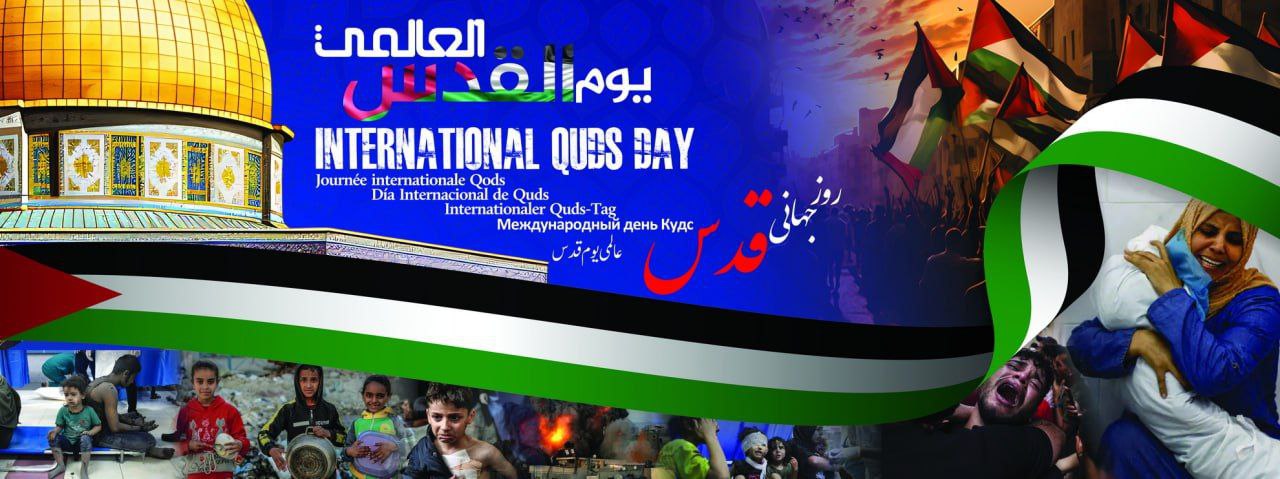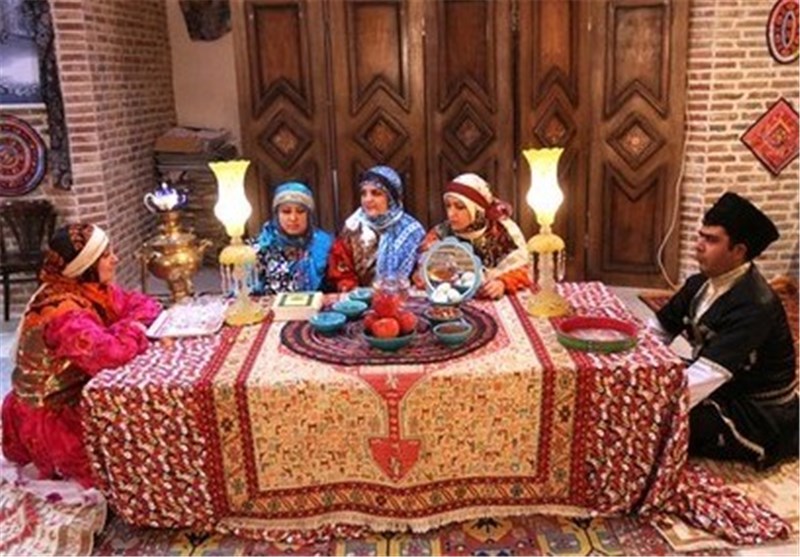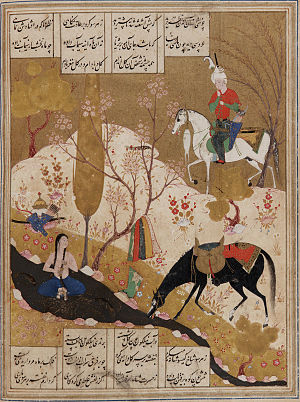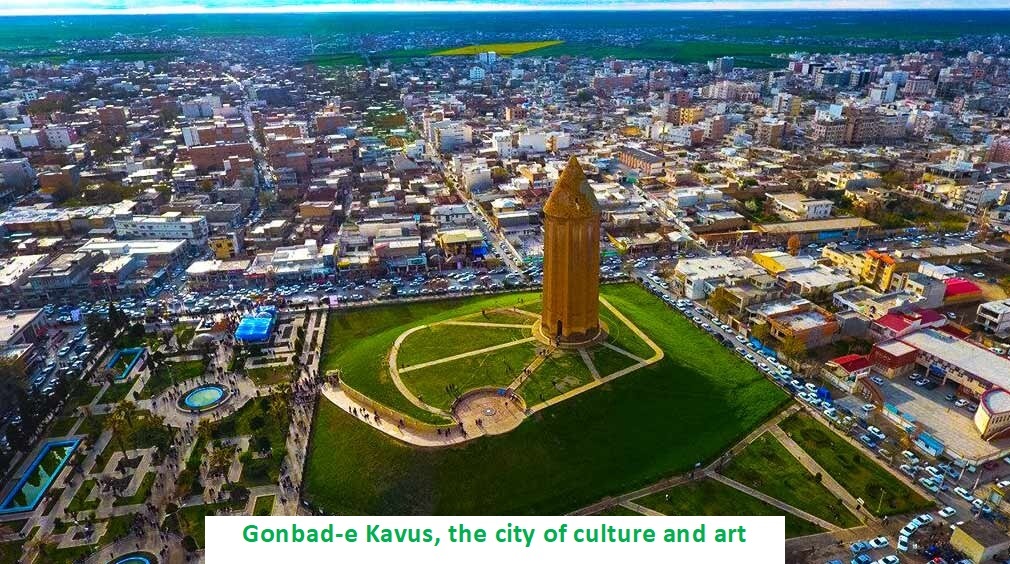News Abuja

The 13th day of Farvardin has been named as Sizdah-Be-Dar or Nature Day in Iranian culture that is an ancient ritual and also it is one of the most important common and shared customs among Iranian tribes. This day is an official holiday in Iran. Iranians annually celebrate this day by coming the new year and spring season; spending 12 days of Nowruz holidays with picnicking outdoors in nature; Sizdah- Be-Dar ceremony is hold with many various methods and customs in different regions of the country. The 13 days of Nowruz holidays will end after this day and everything will return to routine form.

mam Khomeini (RH) on August 7, 1979, issued a message in support of the Palestinian cause, and named the last Friday of the holy month of Ramadan as International Quds Day. It is true that Quds Day is specifically dedicated to Palestine and the complete freedom of the first qibla of Muslims, but in fact, this day is the day of awakening and the unity of the Muslim world.

owruz (literally translated New Day) is one of the oldest celebrations in ancient Persia, which is held vigorously in the first day of spring marking the beginning of the Iranian calendar (21 March). Nowruz festivities celebrate the beginning of rebirth of nature and lasts for 13 consecutive days. Celebrated by millions of people in Afghanistan, Azerbaijan, Tajikstan, India, Kyrgyzstan, Pakistan, Uzbekistan and Turkey, Nowruz is inscribed on UNESCO’s Intangible

March 15 marks a significant milestone in Persian literature as it is the completion date of the Shahnameh, Ferdowsi's epic masterpiece. This masterpiece, also known as ‘The Book of Kings,’ is considered one of the greatest works of Persian literature and has had a profound impact on Iranian culture.

Like Ferdowsi and Sa’di, Nezami was not only able to create and perfect a special style and method of his own but also had an influence on Persian poets who came after him. Nezami had a wide range of knowledge of the common sciences of his time (such as literary sciences, astronomy, Islamic sciences, jurisprudence, theology, and Arabic language) and this feature can be clearly witnessed in his poetry.

Iran's rich cultural heritage is often embodied in its architectural marvels, and among its treasures are the historical clock towers that stand as silent sentinels of bygone eras. From the opulent palaces of Tehran to the serene mosques of Shiraz and Yazd, these clock towers not only mark the passage of time but also tell stories of cultural exchange and technological advancement.
Choose blindless
Red blindless Green blindless Blue blindless Red hard to see Green hard to see Blue hard to see Monochrome Special MonochromeFont size change:
Change word spacing:
Change line height:
Change mouse type:


